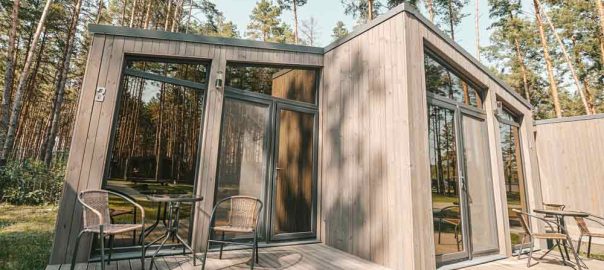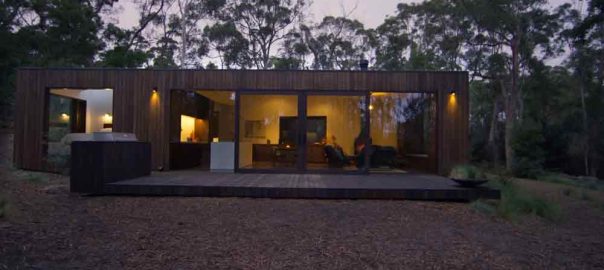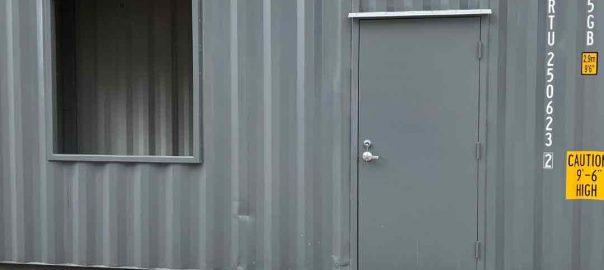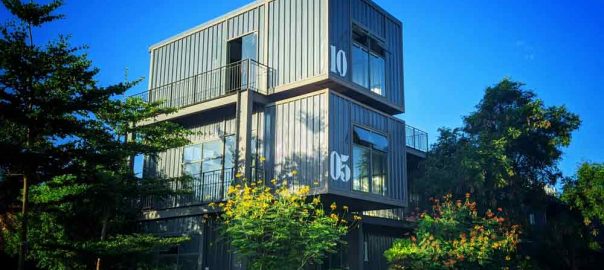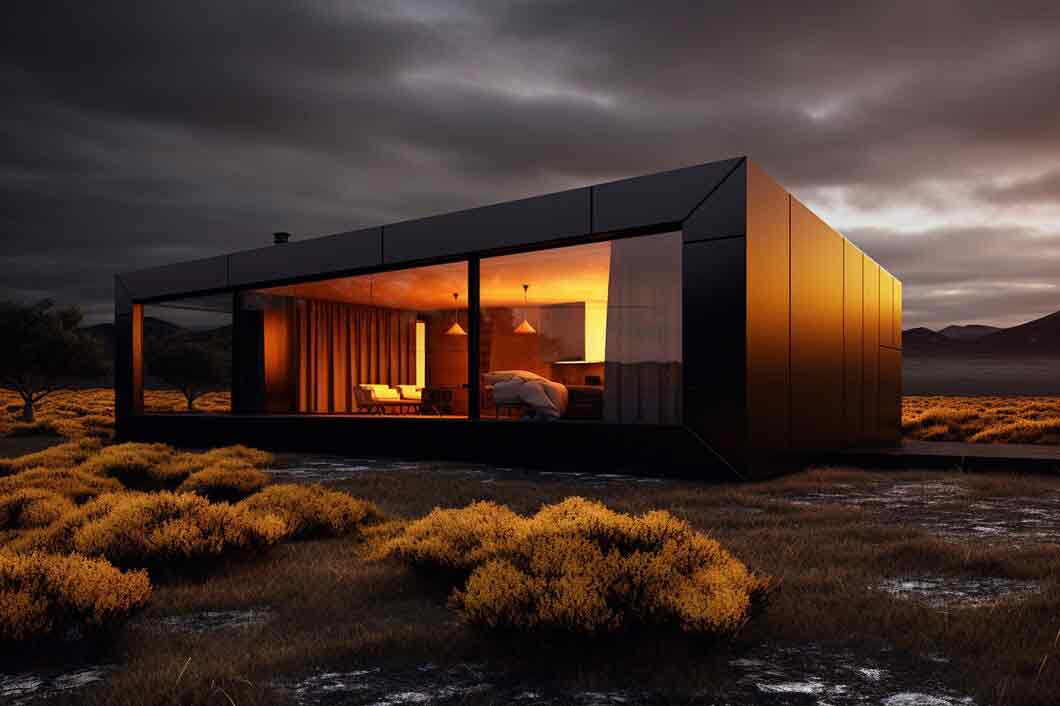
Living off- grid means living singly without counting on public serviceability like electricity, water, and gas. rather, it involves using indispensable energy sources like solar, wind, and hydro power. Sustainable power sources have been fleetly gaining fashionability over the once many times among people who are concerned about the terrain and want to reduce their carbon footmark and also lessen their energy bills. The affluence of solar panels on some ultramodern casing is a step in the right direction, but they’re still an bottomless way off matching the sustainability measures of our off grid holders and bitsy homes.Off- grid living is the future of sustainable living. It’s a largely sustainable and environmentally friendly way of living that has multitudinous benefits. From reducing energy consumption and waste to promoting sustainable water use and perfecting internal health, off- grid living is a result that can help us address the environmental issues we face moment. By embracing this life, we can reduce our carbon footmark, promote a further sustainable way of living, and eventually make the world a better place for ourselves and unborn generations.
What Are the Environmental Benefits of Off Grid Living?
One of the crucial benefits of off- grid living is that homeowners consume far lower energy than those living in traditional homes. This is because they induce their own energy using renewable sources, and they only use what they need. On average, off grid homes consume 68 lower energy than regular homes. This reduction in energy consumption translates to a significant reduction in carbon emigrations and air pollution equating to a cleaner and greener terrain.
Another benefit of out– grid living is that it significantly reduces waste. Homeowners are forced to be more aware of their consumption patterns and are thus more likely to exercise minimalism and waste reduction. They tend to produce lower waste and exercise holders and other ménage particulars more mindfully, which eventually reduces the quantum of dispensable waste that ends up in tips .
Off- grid living also promotes sustainable water use. Homeowners calculate on natural sources of water like rainwater and well water, and they’re more likely to use water wisely. According to studies, off- grid homes use 80 lower water than traditional homes. This reduction in water operation helps to conserve the precious resource and reduces water pollution caused by traditional water treatment styles.
In addition to the environmental benefits, off- grid living also has a positive impact on people’s internal health and well– being. Living in a peaceful terrain girdled by nature can have a comforting effect and help people tode-stress. It can also promote a healthier life, with the option of tone– harvesting fresh and organic food grown on point and diurnal physical exertion from maintaining a tone– sufficient life.
An Off Grid Future
Off grid living offers multitudinous benefits that make it an excellent option for those seeking a truly sustainable life that will profit tone as well as the terrain. From reduced energy consumption to lower water operation, off- grid homes appreciatively impact the terrain in multitudinous ways.
At Live Off Grid, we believe that off grid living is the future of sustainable casing and are proud to give our guests with a range of beautifully designed andeco-friendly off grid homes. By choosing off grid living, we can all play a part in guarding the terrain for unborn generations.
Reset, reconnect and return to nature. Live Off Grid.


